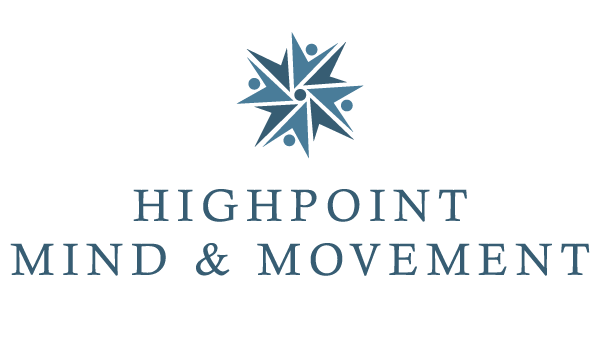Connie’s Story
Stroke Recovery
Connie, age 55, suffered a stroke which left her with aphasia (the inability find the right word for something) and slightly slurred speech.
As a result of her stroke, Connie experienced a profound shift in her self-concept and had retreated into a protective mode in order to cope with the significant changes in her life and abilities. Our goal was to bring back her feeling of self and self-confidence, as well as address the physical issues resulting from the stroke. It was my hope that we could reduce the aphasia and help her speak more clearly.
Our work focused primarily on the Brain Gym® integrative movements which can be a great support to stroke rehabilitation. These movements stimulate and strengthen cross-lateral (left-right) function for memory and verbal expression, re-establish an awareness of where one is in space to help with motor control of all parts of the body, and release the fight/flight response that naturally gets triggered in trauma.
Through this process, the "emotional overlay" that often results from trauma to the body is released. A person who suffers a stroke, a traumatic brain injury, or even a concussion, can experience a shift in how they perceive themselves. Their self-concept changes and often this leaves them withdrawn, angry, or depressed. In addition, the primitive reflexes of survival can be re-activated, resulting in uncharacteristic behavior that is confusing and upsetting to the individual and their family and friends. When these primitive, survival reflexes are engaged and active, they can be the underlying cause of many behavioral and emotional problems. The Brain Gym movements are designed to release these reactive patterns.
Whole brain movement therapy can help to restore a sense of confidence and self-worth because it releases the protective, reflexive responses deep in the mid-brain and brain stem and also reconnects the thinking and feeling centers of the brain. Once balance and optimum neural functioning was restored, Connie was able to feel like herself again. Her personality re-emerged.
We had worked together for about eight weeks when Connie’s husband called, amazed at her progress, saying, "I have my wife back!" While the aphasia and the slurred speech had not improved, Connie had resumed her visits to the hairdresser and the nail salon, and she was answering the phone again. She was re-engaged with life and happy.
Christina’s Note
It is always wonderful to talk with spouses, parents, and others who can see the changes that, often, my client isn't fully aware of because the changes have been so natural and seemingly effortless. Connie was again participating in life. Her "new normal" was now a much happier one and she was moving forward, despite the continued aphasia and slightly slurred speech.
